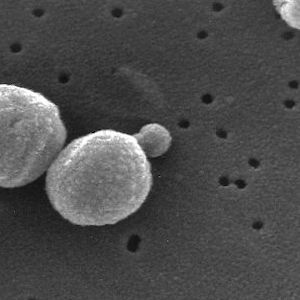Specific antibody deficiency to pneumococcal polysaccharide in a young adult with recurrent respiratory infections: a case report

All claims expressed in this article are solely those of the authors and do not necessarily represent those of their affiliated organizations, or those of the publisher, the editors and the reviewers. Any product that may be evaluated in this article or claim that may be made by its manufacturer is not guaranteed or endorsed by the publisher.
Authors
Specific antibody deficiency against pneumococcal serotypes was detected in a patient with recurrent episodes of fever. A 21-year-old man presented with a two-month history of recurrent episodes of fever and shaking chills. He was diagnosed with recurrent episodes of pneumonia caused by Streptococcus pneumoniae serotype 19A and treated with amoxicillin. Serotype-specific antibodies were not produced against most of the serotypes, which were consistent with moderate specific antibody deficiency. After pneumococcal 13-valent conjugate vaccination and pneumococcal polysaccharide vaccination, he adequately responded to the infecting serotype with an antibody titer of 1.1 µg/mL. There were eventually no recurrent episodes of fever with pneumonia.
How to Cite

This work is licensed under a Creative Commons Attribution-NonCommercial 4.0 International License.






